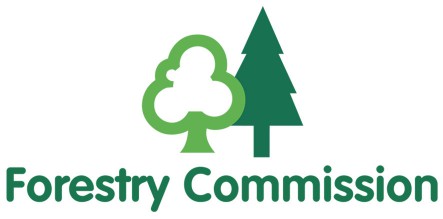In 2015, the UK pledged to be Net Zero by 2050, with the NFU striving for the more ambitious target of 2040. Net Zero is achieved when the amount of greenhouse gases (GHG) emitted is balanced with those removed from the atmosphere. This helps to combat climate change and reduce global warming.

The Forestry Commission increases the value of woodlands to society and the environment. It is a non-ministerial government department.
Recommended Content
Connected Content
There are around 3.2M ha of woodland in the UK. This is set to increase substantially over the coming years due to a range of policy, social, environmental and commercial drivers, including Net Zero, Biodiversity Net Gain, ELMs, Local nature recovery plans and carbon trading.
Opportunities are increasing for farmers and land managers to earn revenues from storing carbon in soils or vegetation, or by reducing baseline GHG emissions from crop and livestock production.
Agroforestry is the practice of combining agricultural crops or livestock with trees and shrubs. It is a great example of agroecology in action. Agroforestry provides healthier soil, higher yields and vital homes for wildlife.
This Topic doesn't yet have a Stewarded summary, but connected groups, content and organisations show below. Click the 'Ask to Join' button if you would like to be a Steward for this Topic and provide a summary of current knowledge and recommend useful resources, organisations, networks and projects.
Forestry Commission Agroforestry slides developed to share with educators who lead agriculture degree courses at the AUC Educators Retreat 2023.

